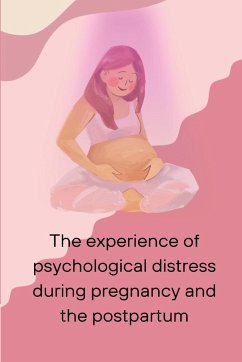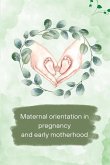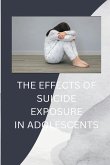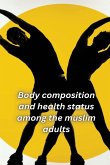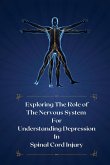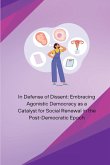Pregnancy and the time after birth are considered by most to be a time of joyous transition and change for a woman and her partner. However, it also represents a time of significant increases in the risk of mental health issues, most notably anxiety and depression (Austin et al., 2017). The presence of anxiety and depression have ramifications, not only for the mother, but also impact on her ability to bond with her baby, an important precursor to adaptive functioning across the lifespan (Englund et al., 2011). This thesis investigates wellknown variables that have been independently identified as predictive of psychological distress outside of the perinatal period (Pepping et al., 2013; Pepping et al., 2014), and, to a lesser extent, in perinatal populations, namely dispositional mindful awareness, adult attachment style, and emotion regulation. Chapter 1 reviews the literature relating to perinatal mental health, specifically anxiety and depression, and the deleterious role of psychological distress on mother-infant bonding from an attachment theory perspective. Chapter 2 details the measures utilized in the empirical studies of this thesis. Chapter 3 provides a "proof of concept" and examines the relationship between mindful awareness, attachment style, and emotion regulation in psychological distress in a sample of undergraduate university students. It identifies attachment anxiety and emotion dysregulation as mediators of the relationship between mindful awareness and psychological distress. Chapter 4 utilizes a cross-sectional design to investigate the relationship between mindful awareness, attachment style, and emotion regulation with prenatal depression, anxiety, and pregnancy-specific anxiety. The findings suggest that attachment anxiety, emotion regulation and mindful awareness play important roles in prenatal depression and anxiety, and to a lesser extent pregnancy-specific anxiety, indicating that other factors may be more important in the development of pregnancyspecific anxiety. Chapter 5 more closely examines the relationship between mindful awareness and emotion regulation in a prospective perinatal sample, identifying a likely bidirectional
Hinweis: Dieser Artikel kann nur an eine deutsche Lieferadresse ausgeliefert werden.
Hinweis: Dieser Artikel kann nur an eine deutsche Lieferadresse ausgeliefert werden.

